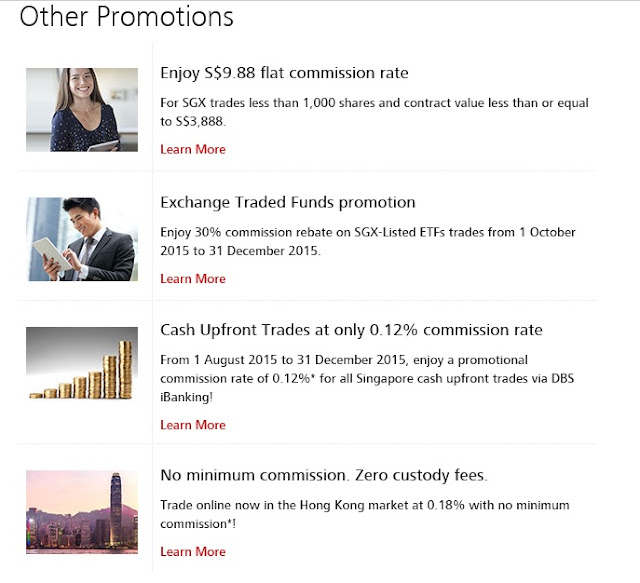A mock S-REIT portfolio
If I were to construct a high-yield REITs portfolio of 10 stocks (prices were taken from Nov15 as I drew this last month), this is how it would look like: Market $ Entry $ Div yield% Shares P/B EV/EBIT Amount invested S-REITS Ascendas Hosp Trust 0.625 8.20 4800 0.7 26.7 $3,000 First Reit - health 1.19 7.00 2600 1.1 20.1 $3,094 CDL hosp 1.32 7.20 2300 0.8 15.6 $3,036 Ascott hosp 1.2 7.10 2500 0.7 28.8 $3,000 Mapletree logistics 1.005 7.30 2800 0.8 18.5 $2,814 Lippomall 0.305 10.20 10000 0.5 10.8 $3,050 Starhill global 0.765 6.80 3000 0.8 19.3 $2,295 Frasers Centrepoint 1.89 6.10 1600 1 20.3 $3,024 Ireit 0.685 7.60 4000 0.896 $2,740 CapitaRetailChina 1.335






